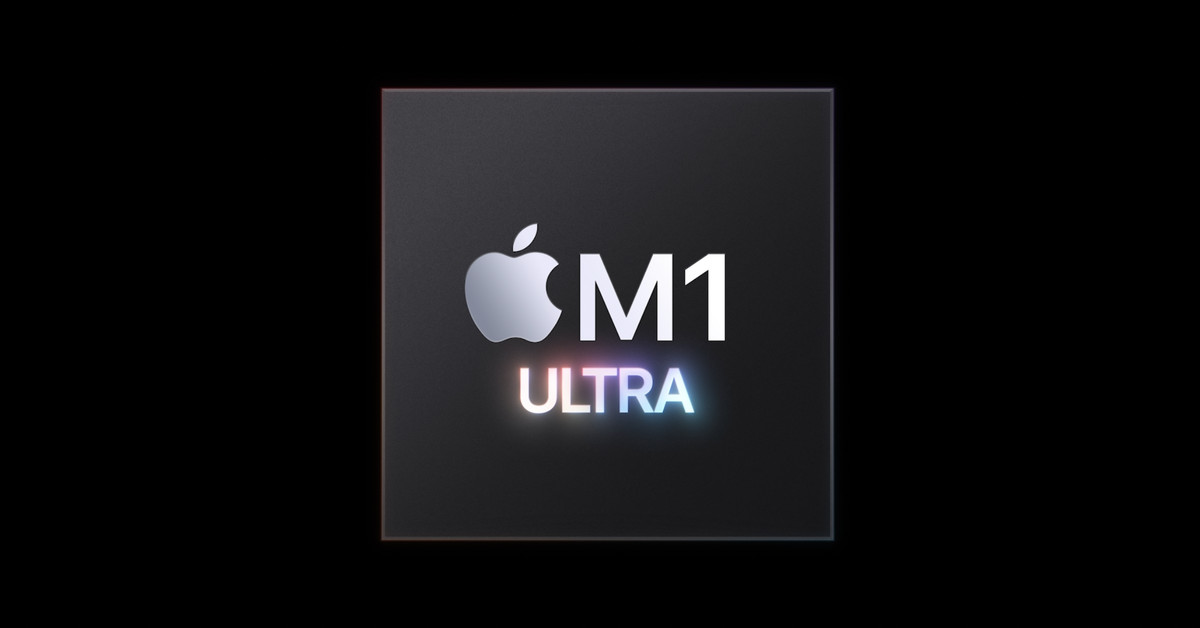Technics’ AZ80 earbuds have superb sound and one truly unique feature
With sound quality worthy of Technics’ name and unique three-way multipoint, the EAH-AZ80 are a comprehensive package worth their $300 price. Continue reading…
/cdn.vox-cdn.com/uploads/chorus_asset/file/24830693/DSCF2268.jpg)
When you’re shopping for new earbuds, it’s easy to live with blinders on and fix most of your attention on the heavyweight brands like Sony, Apple, Samsung, Bose, Sennheiser, and others. That means missing out on some appealing budget options like those from EarFun, Soundpeats, and Anker’s Soundcore division. But it also can lead to you glossing right over some premium earbuds that are worth serious consideration. Over the last few weeks, I’ve been reviewing one such product — the Technics EAH-AZ80 — and it’s become clear to me that these have earned a spot in the “best wireless earbuds” conversation.
For $300, you’d hope that Technics (a brand of Panasonic) would be able to deliver something worthwhile. This is a price tier where mediocrity in any one category can doom your prospects. But I’ve yet to run into anything about these earbuds that feels middling or second rate. They sound terrific, offer lengthy battery life, and include genuinely unique capabilities like three-way multipoint; you can pair the AZ80 to three devices at the same time — typical multipoint-capable buds have a limit of two — seamlessly hopping between them as you pause music on one gadget and play something on another.
The buds themselves, available in silver or black, look sharp and would feel at home next to one of Technics’ venerable turntables. There’s aluminum trim on the outer surface, with the Technics logo engraved in concentric circles. But the side that fits into your ear concha has been designed for comfort for extended listening, and I’ve never noticed any soreness or fatigue when using the AZ80. There are seven different sizes of silicone ear tips in the box, which is far more generous than what you’d get from, say, Sony or Apple. Technics is really paying mind to those of you with smaller ears; the tip sizes include XS1, XS2, S1, S2, M, L, and XL. The buds have a water resistance rating of IPX4 — par for the course among flagship earbuds — but the case, which supports Qi wireless charging, lacks any such protection against rain or sweat, so you’ll want to keep it dry.
Jumping right into sound, the AZ80 hold their own against the very best of what’s on the market today, such as Sennheiser’s Momentum 3 Wireless and Sony’s WF-1000XM5. The 10-millimeter drivers produce rich, enveloping audio with a natural warmth to the sound signature even if you never bother touching the EQ sliders or hopping between the presets. Boygenius’ “Not Strong Enough” is a good example of this, with each of the three voices coming through distinctly with excellent clarity during the “always an angel, never a god” bridge. These earbuds shine with multilayered tracks, whether it’s pop (Olivia Rodrigo’s “Vampire”) or rock (Jason Isbell and the 400 Unit’s “Death Wish”), the AZ80 produce a detailed and spacious soundstage. These are about as consistently pleasing as wireless earbuds get in terms of dynamics and overall presentation.
Technics sent a leather case for the case to reviewers, but unfortunately, it doesn’t come with the earbuds.
Technics also offers active noise cancellation that’s more than respectable. It falls short of the best contenders, like Sony’s latest 1000XM5 or Bose’s QuietComfort Earbuds II, but isn’t drastically behind. And the audio fidelity quality makes up for being a step behind in ANC. The gap is wider when it comes to transparency mode. I feel like a broken record at this point, but the ambient sound passthrough here isn’t as natural-sounding as Apple’s AirPods Pro 2. It’s worth adjusting the level of outside noise that comes through via Technics’ mobile app for the best results. You can choose the standard ambient sound mode or another option that focuses on voices — useful if you want to hear an announcement at a train station or airport.
These aren’t the tiniest earbuds around, but their shape makes all the difference for comfort.
Battery life is more than sufficient at around seven hours with noise cancellation enabled and upward of eight hours if you’re somewhere quiet and can leave it off. That longevity can shrink if you’re listening at loud volumes or frequently streaming at LDAC quality, but even in those cases, I didn’t feel shortchanged, and the AZ80 never cut out unexpectedly. Voice calls proved satisfactory, and Technics’ JustMyVoice isolation technology can help eliminate a noisy background so other people can hear your voice even if you’re in a loud environment. Your speech can sound a bit clipped when using JustMyVoice at full strength, but it’s a handy tool to have when needed.
The three-way multipoint, which Panasonic claims is an industry first for earbuds, works surprisingly well. I don’t have a tablet currently, so I tested it with my laptop and two phones. The Technics earbuds had no trouble following me along to whatever device had my attention at that moment. The only tradeoff that comes with triple multipoint is that you can’t use the higher-bitrate LDAC Bluetooth codec at the same time; you can stream over LDAC by sticking to regular two-way multipoint or, if you want maximum audio fidelity and connection stability, the AZ80 can be configured to connect only to a single device at a time.
The AZ80 can pair with up to three devices at the same time.
All of these settings are available in the companion mobile app, which is stuffed to the gills with features and adjustments for a range of the earbuds’ functions. The app can let you hear a preview of how your voice sounds on calls with Technics’ JustMyVoice filtering active. You can optimize the noise cancellation for the best performance wherever you are by adjusting a slider that makes it target different frequencies. There’s a slew of EQ options; I stuck with the default, but “dynamic” also sounded very nice to my ears. And the app lets you dial in exactly how much ambient sound you want to pipe through whenever transparency mode is engaged.
The Technics Audio Connect app does... a lot. Some might say too much.
Cramming this much into an app can quickly prove detrimental if the software is buggy or has connection issues, but I didn’t run into any problems with the Technics Audio Connect app when testing across both Android and iOS. The deluge of preferences can feel a little overwhelming, but it all works, which is the important part. Still, there’s no denying that just as with other standalone earbud makers that lack a hardware ecosystem, Technics can’t match the seamless cross-device tricks of Apple and Samsung.
AGREE TO CONTINUE: TECHNICS EAH-AZ80
Every smart device now requires you to agree to a series of terms and conditions before you can use it — contracts that no one actually reads. It’s impossible for us to read and analyze every single one of these agreements. But we started counting exactly how many times you have to hit “agree” to use devices when we review them since these are agreements most people don’t read and definitely can’t negotiate.
Like any Bluetooth headphones, you can use the Technics EAH-AZ80 without clicking through any agreements. But if you want to use the Audio Connect app for either Android or iOS, which is essential for customizing the settings, adjusting EQ, and using other features of the headphones, you’re agreeing to:
You can also opt in to letting Panasonic collect data from your usage of the software, which the company says is for the purpose of fixing bugs and improving the app.
Together, you get two optional agreements.
Dropping $300 on a pair of earbuds is no small investment. But if you’re looking for something off the beaten path and aren’t feeling enticed by the big-name brands, Technics has produced a worthy set of flagship buds with the EAH-AZ80. They sound wonderful, have ample noise cancellation, and come with enough ear tips that I can’t imagine anyone being left without the right fit. And the three-way multipoint is a wholly unique selling point that not even Sony, Apple, Bose, and other major competitors can match. If you’re a heavy-duty multitasker, that might be reason enough to try something new.
Photography by Chris Welch / The Verge

 ValVades
ValVades 
































